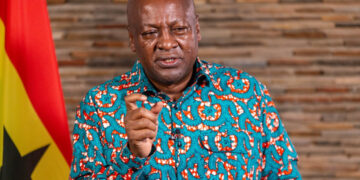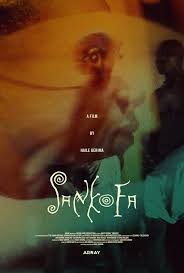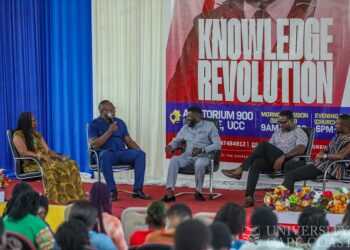These Ghanaian masterpieces, which range from Diabolo to The Boy Kumasenu, portray enduring tales of identity, love, and culture. Learn about the classic movies that influenced the country’s cinematic legacy.
Ghana’s film industry has changed significantly since it began a few decades ago. The Ghanaian film industry, which began during the Gold Coast era, has accomplished many noteworthy milestones, such as exporting talent, garnering international recognition, and creating domestic productions that have received praise from all over the world.
The first independent film in the business was Kwaw Ansah’s Love Brewed in the African Pot, which was followed by King Ampaw’s Kukurantumi: Road to Accra. These films, which captivated audiences with genuine storytelling, laid the groundwork for Ghana’s cinematic journey.
Even if the entertainment industry is dominated by modern technology innovations like streaming services, HD TVs, and smartphones, it’s important to keep in mind the amazing historical works that highlighted Ghana’s rich cultural legacy.
Here are a few timeless Ghanaian films that have influenced the country’s cinematic heritage:
I Told You So
Ghanaian family dynamics and social conventions are depicted in this humorous movie. The plot centers on a young woman who marries a wealthy man she doesn’t know well, against her father’s advise, only to find out later that he is an armed robber.
The film, which stars Lord Bob Cole, Agya Ntow, and Araba Stamp, humorously imparts its moral lesson before concluding with the father’s famous quote: “I told you so.”
Love Brewed in the African Pot
The romantic play Love Brewed in the African Pot by Kwaw Ansah takes place during Ghana’s colonial era. In it, a woman from a wealthy family named Aba Appiah falls in love with Joe Quansah, a mechanic from a low-income family. Aba’s father, who disapproves of their relationship, starts a fight that has far-reaching effects.
Considered Ghana’s first privately funded feature, this movie is a quintessential example of fusing romance with societal criticism.
Heritage Africa
Heritage Africa, another masterwork by Kwaw Ansah, explores how cultural identity was lost under colonial control. It centers on Kwasi Atta Bosomefi, a public servant who changes his name to Quincy Arthur Bosomfield and forsakes his African background in order to follow the customs of his colonial overlords.
The movie serves as a moving reminder of how crucial it is to maintain one’s cultural heritage in the face of outside influences.
Sankofa
Sankofa, which was directed by Ethiopian filmmaker Haile Gerima, examines the Atlantic slave trade and its effects on African identity. Although it is not solely Ghanaian, it does include well-known Ghanaian actors Kofi Ghanaba and Alexandra Duah. The title of the film, which comes from the Akan word meaning “to go back and reclaim,” highlights how important it is to get back in touch with one’s roots in order to make meaningful progress in the future.
Matters of the Heart
Class differences in relationships are examined in this romantic drama. Nico, an affluent man, develops feelings for Sekina, a poor lady. Due to his family’s opposition to their relationship, they have emotional difficulties that bring to light the difficulties of love and social expectations.
ICYMT: Mahama to restore July 1 as a public holiday
Diabolo
Diabolo, a Ghanaian classic, tells the story of a man with the supernatural ability to transform into a serpent. He uses this power to prey on women, primarily prostitutes.
The film, starring Bob Smith Jnr (Diabolo Man), Rev. Eddie Coffie, and Prince Yawson (Waakye), delves into themes of morality and Pentecostal influence in Ghanaian cinema.
Escape to Love
This romantic film tells the story of a wealthy man who falls in love with the daughter of a ‘waakye’ seller. Featuring Kwame Sefa Kayi, Grace Nortey, and Solomon Sampah, the film is a testament to the power of love transcending social class.
These timeless films serve as a reminder of Ghana’s extensive filmmaking history. They are eternal gems in the cinema industry since they offer not only amusement but also historical and cultural insights.
These early productions continue to serve as a tribute to the inventiveness and tenacity of Ghana’s pioneers as the country’s film industry develops.
SOURCE: PULSE GHANA




























